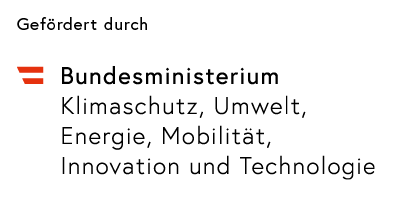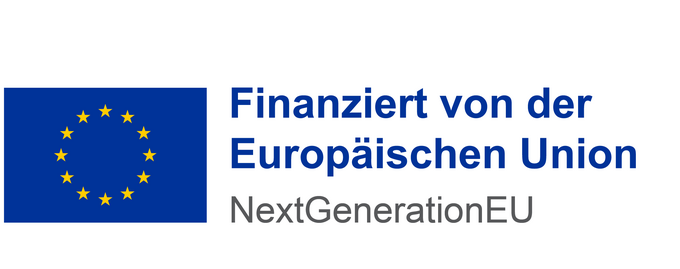Summary
More than 90 % of the original peatlands in Austria have been utilised for agriculture and forestry through drainage.CO2 is released as a result of irreversible peat decomposition. In Austria, the location and extent of drained (degraded) peatlands is only partially known. The MOIST project aims to record and assess peat soils and other soils with excess water (hydromorphic soils) throughout Austria as a basis for climate change adaptation measures and to identify areas suitable for rewetting.
Project description
Moors are ecosystems in which the soil is constantly saturated with water. They provide a habitat for many rare animal and plant species that are specially adapted to these ecosystems. Moors play a major role in climate protection as they are important for the water balance and store large amounts of carbon.
Drainage has made the majority of Austria's peatlands usable for agriculture and forestry. Increasingly, tourism, settlement activities and climate change are also putting pressure on these sensitive systems. The remaining peat soil no longer contains any peat-forming vegetation. Drainage allows oxygen to enter the soil. In these drained (degraded) peatlands, the peat (dead peatland vegetation) decomposes andCO2 is released.
Rewetting peat soils protects the stored carbon from decomposition and protects the habitat of endangered animals and plants. In addition, adapted management of the surrounding areas is necessary for the protection and maintenance of existing peatlands. For this reason, numerous agreements, strategies and regulations provide for the rewetting of degraded peatlands to mitigate and adapt to climate change and to safeguard biodiversity and ecosystem services in the long term (IPCC, EU Restoration Regulation, Biodiversity Strategy Austria 2030, Peatland Strategy Austria 2030+).
In order to successfully implement measures for the conservation and restoration of peatlands, it is important to obtain information on the extent and distribution of organic soils. While peatlands are often protected and their location is known, the extent of peat soils has not yet been precisely recorded. Official surveys are sometimes outdated and forest sites have been insufficiently taken into account. There are also survey gaps above the tree line.
The MOIST project answers the following questions:
- Where are degraded peatlands (peat soils and other hydromorphic organic soils) located?
- What area do they cover?
- Which areas are suitable for renaturalisation measures from a technical point of view?
In order to answer these questions, existing maps and data are compiled, supplemented with the help of remote sensing data and additional point data from surveys of various projects, and a suspected peatland area is modelled. This will be validated and supplemented by field surveys. In addition, a catalogue of criteria for assessing the possibility of renaturation (rewetting) will be developed with experts and stakeholders. These criteria will be used to create a map that identifies areas that are suitable for renaturalisation measures from a nature conservation, pedological and hydrological perspective.
Project details
Project title: Survey of degraded peatlands in Austria and assessment of their suitability for regeneration
Project acronym: MOIST
Project management: AGES, Dr Andreas Baumgarten
Project partners: Federal Agency for Water Management (BAW-IKT), Federal Research and Training Centre for Forests, Natural Hazards and Landscape (BFW), Higher Federal Teaching and Research Institute for Agriculture Raumberg-Gumpenstein (HBLFA Raumberg-Gumpenstein), Nature Conservation Association of Lower Austria, University of Vienna (UNIVIE), Austrian Chamber of Agriculture (LKÖ), Federal Environment Agency (UBA)
Funding: Biodiversity Fund Call#2 of the BMK (contract number C321085)
Project duration: 01.2024 - 10.2025
Last updated: 04.09.2024
automatically translated

